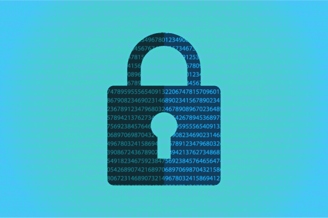While multi-factor authentication effectively protects customer information, it's just one piece of the puzzle. Lead generation companies should also consider implementing other security measures, such as:
- Encryption of sensitive data
- Regular security awareness training for employees
- Incident response planning
- Regular security assessments of service providers

By taking a comprehensive approach to security, lead generation companies can minimize the risk of data breaches and protect their customers' sensitive information. Here are some different methods of using Multi-factor Authentication in your business.
- SMS or text message: With this method, the user enters their username and password and then receives a text message with a unique code that they must enter to access the account.
- Mobile app: Using a mobile app such as Google Authenticator or Authy, the user is provided with a unique code generated on their mobile device that they must enter in addition to their username and password.
- USB token: A USB token, such as a Yubikey, can be used to authenticate the user. The user inserts the token into a USB port on their computer and enters a PIN or password.
- Biometric authentication: This method uses a unique physical characteristic of the user, such as their fingerprint, iris, or face, to authenticate their identity.
- One-time password (OTP): With this method, the user is sent a one-time password via email, SMS, or mobile app that they must enter in addition to their username and password.
It's important to note that only some methods may be suitable for some situations or organizations and that it's essential to carefully evaluate and choose the most appropriate method for your specific needs and requirements.
Thank you for following our series on best practices for safeguarding customer data and complying with the FTC.
